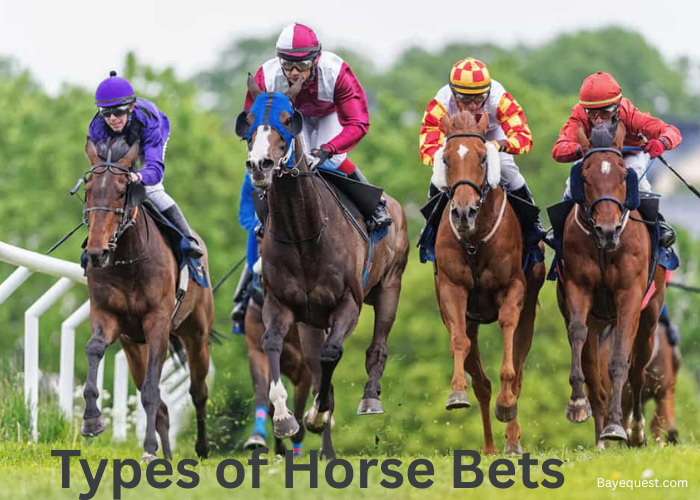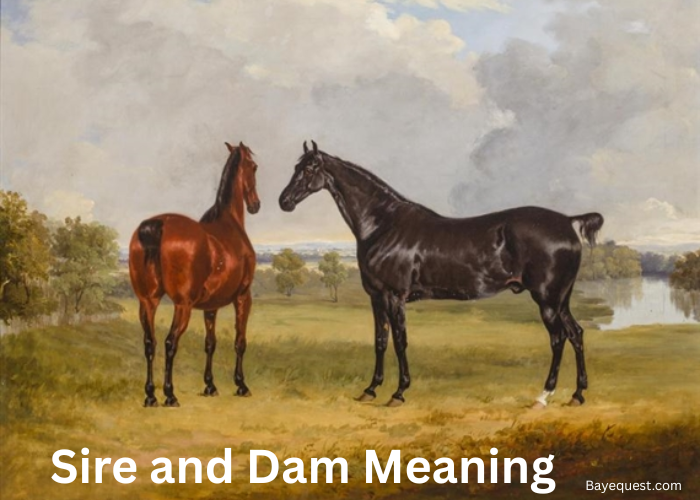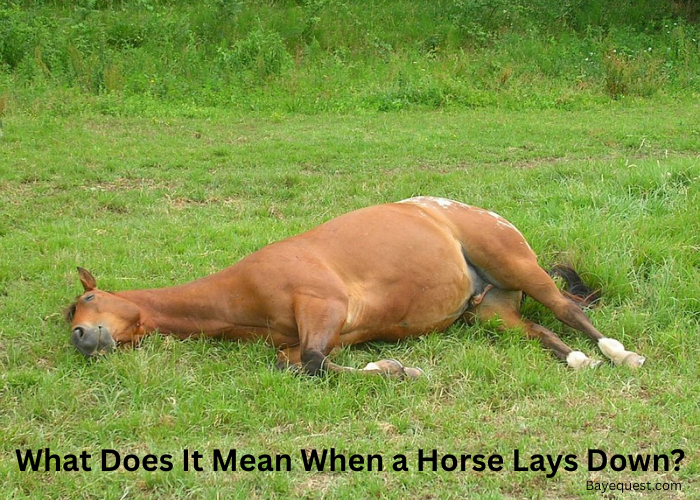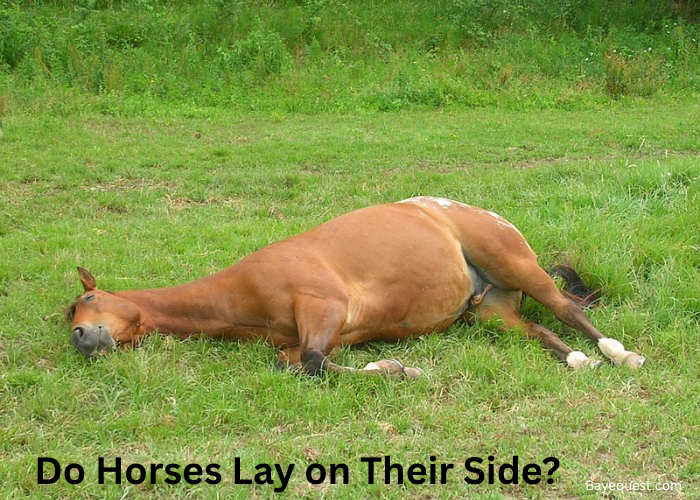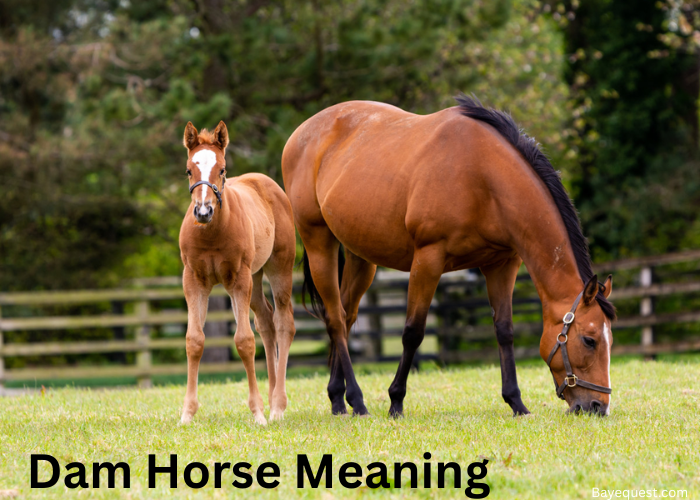At the track, the air crackles with tension, and every bet is a heartbeat.
Pick wrong, and you’re left staring at the dust. Pick right, and you’ll feel ten feet tall.
From the steady safety of a place bet to the high-stakes chaos of exotic wagers, each choice pulls you into the race.
It’s more than win, place, show. There’s a whole betting universe out there. Let’s explore the types of horse bets and the thrills they bring.
Types of Horse Bets: Key Takeaway
- Win bet
- Place bet
- Show bet
- Across the board
- Boxing
- Exacta bet
- Quinela bet
- Trifecta bet
- Superfecta bet
- Super high 5 bet
- Daily double bet
- Pick 3 bet
- Pick 4 bet
- Pick 5 bet
- Pick 6 bet
Common Horse Betting Types
Knowing the types of horse racing bets helps you to understand what’s on the table. Not all bets are equal.
Some are simple and low-risk. Others are bold and dramatic. Each falls under different horse racing betting terms, with their own rules, risks, and potential rewards.
Whether you’re playing it safe or chasing a big win, the type of bet you choose can shape your entire race day. Let’s explore the different types of bets and what makes each unique.
Basic Bets
These are the foundations of horse race betting. They are simple, straightforward, and perfect for beginners.
Let’s find out more about basic bets:
Win bet
A win bet is the most straightforward wager in horse racing. You’re simply betting that your chosen horse will finish in first place.
If it wins, you get paid. If it doesn’t, you lose your stake. There’s no reward for second or third.
It’s as simple as it sounds, but still thrilling, especially when your pick pulls ahead in the final stretch.
Odds for win bets are displayed on the tote board and reflect how much you’ll earn for every dollar wagered. For example, if the odds are 5-1, a $2 bet would return $10 in profit plus your original $2.
Win bets are ideal for beginners because they’re easy to follow and require just one correct outcome.
However, they can be risky if the horse you’re backing is a long shot. Always research the horse, jockey, and race conditions before placing a win bet.
You can place this bet before the race begins, and once the gates open, it’s locked in. Payouts come from the pari-mutuel pool, meaning the more people bet on a horse, the lower the return.
Place bet
A place bet offers more flexibility than a win bet. Instead of needing your horse to finish first, it just needs to finish either first or second.
This gives you two chances to win, which makes it less risky, though the trade-off is a smaller payout.
The odds for place bets are calculated separately from win bets, and they vary based on how much money is in the pool for that bet type. If your horse finishes in the top two, you win, regardless of whether it comes first or second.
This bet is great if you believe your horse is strong but not necessarily dominant. It’s also a popular choice in races with a large field, where anything can happen.
The place bet still lets you root for your pick to perform well, but with a better chance of getting paid.
Keep in mind, you can’t choose whether you get paid for first or second, as both finishing spots pay out the same amount in a place bet.
Show bet
This bet gives you the best odds of walking away with some money, but it also pays the least.
To win a show bet, your horse must finish in the top three positions. That’s it. It doesn’t matter which of the three spots it lands in.
Because show bets offer a higher probability of success, they attract risk-averse bettors or those just starting. It’s often used as a confidence builder for beginners or as part of a broader betting strategy.
Like win and place bets, show bets are paid from their own pool, and the payout is the same whether your horse finishes first, second, or third.
The more bettors pile onto a particular horse, the lower the payout for that selection.
This is the safest of the straight bets, but in big races, even show payouts can surprise you, especially when a long shot hits the board.
Across the board
An across-the-board bet is three bets in one. That is win, place, and show, all on the same horse.
You’re betting that your horse will perform well, and you’ll get paid based on how well it finishes.
Here’s how it works:
- If your horse wins, you collect on all three bets (win, place, and show).
- If it finishes second, you win the place and show portions.
- If it comes in third, you only win the show bet.
Because you’re placing three separate bets, the cost is higher. A $2 across-the-board wager costs a total of $6.
It’s more expensive upfront, but it gives you multiple chances to win some money, especially useful if you’re unsure how dominant your horse might be.
This type of bet is best used when backing a horse that’s a decent contender with a shot at finishing anywhere in the top three.
It’s a way to hedge your bet while still getting a shot at the bigger payout if your horse wins outright.
Single Race Exotic Bets
If you want bigger thrills and higher payouts, try exotic bets. These wagers go beyond picking just one horse.
You’re predicting the exact finishing order of multiple horses in a single race. The risk is higher, but so is the reward.
Exacta bet
This bet takes precision. You’re predicting who finishes first and second, in the exact order.
If your picks don’t land perfectly, you lose. But get it right, and the payout is much higher than a simple win bet.
You can also box your exacta to cover both possible outcomes, though it increases the cost.
Exacta bets are a favorite among seasoned bettors who like to play smart but still want solid rewards.
Quinela bet
This one’s a bit more forgiving. With a quinella, you still pick two horses to finish first and second, but order doesn’t matter.
If both horses land in the top two, you win. Simple.
It’s cheaper than boxing an exacta and perfect when you like two strong contenders but don’t want to stress about who crosses the line first.
A good bet for casual fans who still want a solid shot at profit.
Trifecta bet
Now things get interesting. A trifecta bet means choosing the top three finishers in exact order.
It’s a tough call, but the payout can be huge. Many bettors use trifecta boxes to increase their chances, though it raises the cost with each added combination.
Trifectas are popular when there’s one obvious winner but a scramble for the rest. Smart picks or lucky guesses here can turn a small bet into a serious payday.
Superfecta bet
For the bold and the brave. This bet asks you to call the first four horses in perfect order.
Tough, right? But the rewards are massive, especially if a long shot sneaks into the mix.
Most tracks allow smaller bets, such as $0.10 or $0.50, to make the game more accessible. It’s a favorite for big fields and wild finishes, where surprises are likely and payouts get juicy fast.
Super high 5 bet
This is where it gets wild. You’ll need to predict the first five finishers in exact order.
It’s complex and rarely hit, which makes it exciting. Some tracks offer jackpot-style payouts that grow if nobody wins.
It’s not for everyone, but if you’ve done your homework or love chasing huge rewards, this bet offers the ultimate challenge and adrenaline rush.
Boxing
Sometimes, the order’s just too close to call. Boxing your bet lets you cover every possible finishing combination for your chosen horses.
It works with Exacta, Trifecta, and Superfecta bets. Instead of betting on a specific order, you’re backing your horses to finish in the top spots, anyway they land.
The trade-off costs more, but for tight races, that extra flexibility can be the difference between a loss and a big win.
Multi-Race Exotic Bets
These bets stretch across multiple races, not just one. Instead of picking winners for a single event, you’ll need to predict the winners of two or more races in a row.
It’s tougher, but the payouts are far more rewarding. Timing, strategy, and a little nerve go a long way here.
Daily double bet
This is the gateway to multi-race betting. With a Daily Double, you’re betting on the winners of two consecutive races, usually the first and second.
You must get both right to win. It’s harder than a single-race bet, but much more exciting.
Many bettors study the early races closely just for this shot. At most tracks, you’ll place your bet before the first of the two races begins.
Pick 3 bet
A solid challenge with solid rewards. The Pick 3 asks you to select the winners of three races in a row. All your picks must win, and there are no second chances.
That makes it tougher than a Daily Double, but payouts climb fast. Many bettors use a strategy called “spreading,” where they choose multiple horses in tougher legs to improve their odds.
Pick 4 bet
This bet builds the tension. To win a Pick 4, you must correctly predict the winners of four consecutive races.
The risk is high, but so is the payout potential, especially if underdogs win. Bettors often “spread” more in these bets, selecting several horses in races that feel unpredictable.
One long shot in the mix can turn this into a jackpot.
Pick 5 bet
Now we’re getting serious. A Pick 5 means choosing winners in five straight races. You need to be sharp, lucky, or both.
If even one horse doesn’t win, your ticket is done. Because it’s so difficult, payouts can be huge, especially on days with big fields.
It’s a favorite among seasoned bettors chasing major scores.
Pick 6 bet
This is the holy grail of multi-race betting. Pick 6 challenges you to pick six winners in a row.
It’s tough, brutally tough. But that’s what makes it legendary. These bets often come with massive carryover pools when no one wins, turning modest wagers into life-changing payouts.
Some tracks offer lower minimums to allow casual players to take a shot.
Parlay or Accumulator Bets
This is the “all or nothing” style of betting. A parlay (also called an accumulator) combines two or more bets into one single wager.
To win, every leg must be correct with no exceptions. If even one part loses, the entire bet is lost.
But if every selection hits, your winnings from each leg roll into the next, multiplying your payout.
In horse racing, a parlay might involve picking winners in multiple separate races. The bet builds momentum and success in early races boosts your payout in later ones.
Special Pool and Jackpot Bets
Not all horse racing bets follow the usual rules. Special pool and jackpot bets carry higher risks, fluctuating odds, and substantial rewards.
These bets follow different payout systems, and some even build up prize money over time.
Find out how these pools work before you dive into them.
Pari-mutuel
This is the most common system in horse racing. In pari-mutuel betting, all bets are pooled together.
After the house takes its cut, the rest is split among the winners. Odds change based on how much money is placed on each horse, right up until the race begins.
That means your payout isn’t locked in, and it depends on what others bet. It’s a dynamic system where your final reward isn’t known until the race ends.
Fixed odds
What you see is what you get. With fixed odds, the payout is locked in when you place your bet.
If you take 5-1 odds, that’s what you’ll be paid, even if the odds change later. This gives you more control and lets you shop for the best value.
Fixed odds are common in online sportsbooks and European racing but less common at U.S. tracks. It’s great for those who want certainty from the moment they bet.
Tips for Choosing the Right Betting Types
Choosing the right horse bet is about strategy than just guessing. Here are some simple tips to help you place smarter wagers:
1. Start simple. If you’re new, stick to basic bets, such as win, place, or show. They’re easier to understand and cost less to play.
2. Know the field. Study the horses, jockeys, and past performances. A strong favorite might win, but upsets happen often, especially in big races.
3. Consider the risk. Exotic bets like trifectas and superfectas offer big payouts, but they’re much harder to win. Only bet what you’re comfortable losing.
4. Use boxes wisely. If you’re unsure about the exact order, box your bet. It costs more, but improves your chances.
5. Set a budget. Betting is fun, until it’s not. Set a limit and stick to it, win or lose.
6. Watch for value. Sometimes a mid-range horse offers the best value. Not too risky, not too obvious.
7. Don’t chase losses. Stick to your plan. One bad race doesn’t mean the next one will fix it.
How to Calculate How Much a Horse Bet Will Cost
Knowing how much a horse bet will cost is important before you place your wager.
The price depends on the type of bet, how many horses you include, and whether you’re using options like boxing or spreading across races.
For straight bets, you multiply the amount you’re betting by the number of horses you’re backing. For example, if you bet $2 on one horse to win, the total cost is just $2.
If you’re betting across the board, you’re placing three bets on the same horse: one to win, one to place, and one to show. So, a $2 across-the-board bet will cost you $6 total.
Boxed bets, like exacta, trifecta, or superfecta boxes, involve multiple combinations. You pay for each possible finishing order.
For example, a $1 trifecta box with three horses has six combinations, which means it costs $6. A superfecta box with four horses creates 24 combinations, up to $24.
Multi-race bets can grow quickly in cost, especially if you choose more than one horse per leg.
To calculate, multiply the number of selections in each race. For example, if you play a Pick 3 using 2 horses in race one, 2 in race two, and 1 in race three at $1 per combo, it would cost you 2 × 2 × 1 = $4.
For any complex wager, use a betting calculator or check the total on the betting machine before confirming your ticket. This helps avoid surprises and keeps your budget in check.
Horse Racing Bet Types: FAQs
What is the safest horse bet?
The safest horse bet is a show bet. In this wager, your horse only needs to finish first, second, or third for you to win. Since there are three possible winning positions, it has the highest chance of success among standard bets.
What is the hardest bet to hit?
The hardest horse racing bet to hit is the Pick 6. To win, you must correctly choose the winners of six consecutive races. Even one mistake means the entire bet is lost. While extremely difficult, it offers some of the biggest payouts in racing.
What is the difference between a Trifecta and a win-place show bet?
A trifecta requires picking the first, second, and third-place horses in exact order. A win, place, show bet is actually three separate bets on a single horse to finish first, second, or third. The trifecta is harder to win but pays more, while win, place, show offers more chances to cash out.
Types of Horse Bets: Conclusion
Horse betting isn’t just about luck. It’s about knowing your options and playing them smart.
From simple win bets to high-stakes Pick 6s, every type brings its own thrill. Start with the basics, learn the ropes, then try something bolder when ready.
The more you understand how each bet works, the more confident and strategic you’ll become.
Whether at the track or watching from home, a well-placed bet can turn any race into a moment to remember.
So pick your bet, trust your gut, and enjoy the ride.


